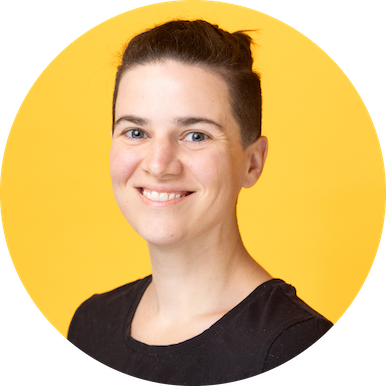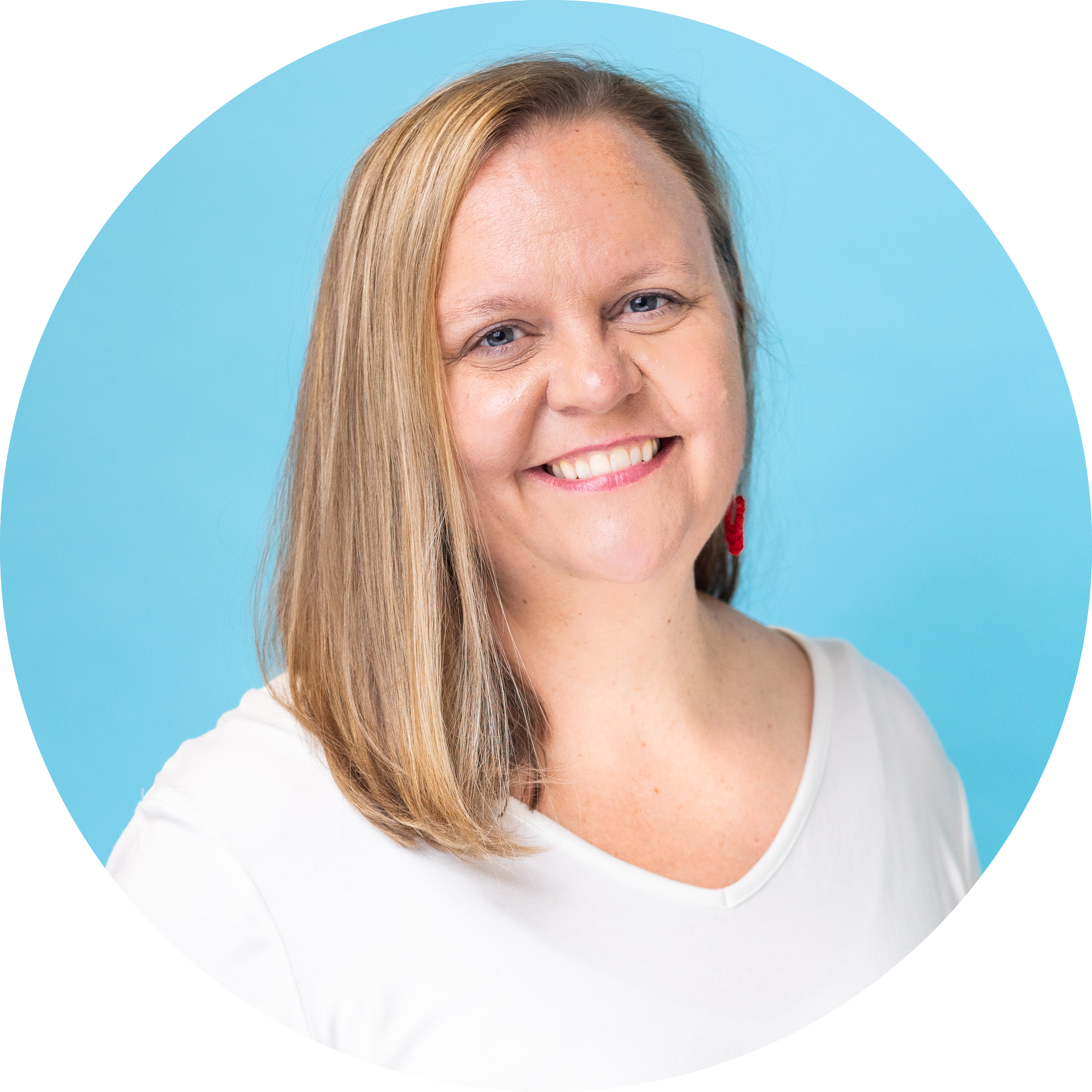Running a home care agency is hard — but it doesn’t need to be as hard as it is.
I’ve watched and worked with hundreds of home care owners in my career, including some who have built 7-figure revenue agencies in less than a year.
Most of these agency owners apply many of the same leadership principles; here are some of the key pieces of advice I’ve gathered from them.
1. Use accountability metrics and measure staff on output, not input.
The concept of measuring staff on output rather than input is especially important at a time when some staff members may be doing some or all of their work from home.
I frequently hear home care owners ask how to make sure their office staff are working when they should be, especially if the owner isn’t in the office every day.
First of all, if you have to ask, you might have hired the wrong people. That said, I think this is the wrong question to ask. The most important thing to focus on is the impact that each team member is making, as measured through the right accountability metrics.
Using accountability metrics will also help you as the owner feel more confident being less involved in the day-to-day or eventually stepping away entirely.
To be successful, each team member needs to feel complete ownership of their metrics. If multiple people own a metric, nobody owns the metric.
Accountability metrics for different roles might include things like:
- New weekly added billable hours (marketer)
- Inquiry-to-admission rate (intake coordinator)
- New hires (recruiter)
- Percentage of shifts filled (care coordinator)
- Client/caregiver satisfaction (care coordinator)
- Percentage of messages responded to same-day (receptionist)
2. Pay more so you can hire less.
The impact of losing a valuable team member is massive; it can easily lead to problems that take months to fully resolve, or cost thousands in missed revenue opportunities.
It’s clear that paying a few more dollars an hour, or a few more thousand dollars a year, is generally a small price to pay to retain the right people to keep your business thriving.
We often spend much more time thinking about caregiver pay competitiveness than office staff pay competitiveness; while this is understandable (and probably necessary), every aspect of your business will run more smoothly when you’re spending what it takes to attract and keep the right team.
Of course, pay isn’t everything. Trust, respect, expectations, benefits, schedules, and culture all play a huge part. But let’s face it: pay is often the first thing people consider with a new job.

3. Work in every part of the agency periodically.
“Be a leader, not a boss” should be words to live by in a home care workplace. An agency owner who isn’t willing to occasionally chip in with any part of the business (including giving care) isn’t going to get far.
This isn’t to say that you shouldn’t be very careful with your time and work on being able to delegate everything possible; however, agency owners who have routinely worked in all parts of their agency have greater insight into their businesses and greater respect from their employees.

4. Find mentors and a community to learn from.
Even Tiger Woods has a coach.
Home care is tough; find a business mentor that you can learn from – ideally a home care agency owner who’s been in your shoes. I strongly suggest initiating a formal agreement that involves paying them for their time. This can help ensure that you both bring a high level of investment to the relationship.
You don’t need someone to answer every question for you, but you need someone in your corner to help you see the things you can’t.
I’ve led marketing for three companies, and I attribute some of my success to having hired an experienced marketing leader a few years ahead of me in her career to help me chart my course. Her insight has been invaluable at a practical marketing level and a career development level.
Likewise, find a community! Facebook is a great resource for this, especially if you aren’t part of a franchise network or similar organization. You might already be part of some home care Facebook communities; if not, I strongly recommend joining Home Care Operators Community and Home Care Breakthrough Scaling Systems For Agency Owners.

If you can’t enlist the services of a professional mentor just yet, consider looking for guidance from your franchise’s professional network.

5. Take regular clarity breaks.
The concept of a “clarity break” comes from the Entrepreneurial Operating System (which I’ve used and highly recommend for home care agencies), but the idea is pretty universal: schedule regular time to get out of daily business problems and think about the business and its future at a high level. It’s about working “on” the business rather than “in” the business.
The person who explained its importance to me used a metaphor I still remember. Building a business can be compared to traveling through a jungle; it’s often hard to see very far, you don’t know for sure what you’re going to find, and much of your day is spent hacking through the foliage to move a short distance. But at the end of the day, though, you need to climb a tree and look out over the canopy to make sure you’re still moving in the right direction.
6. Practice self-care.
Similarly, it’s too easy to work yourself into the ground. Home care owners are generally a combination of care worker and entrepreneur — two occupations in which it’s common (and usually necessary) to work long, difficult hours and random schedules. We asked home care owners how they balance work and self-care.


The most common pitfall I’ve seen home care owners hit is burnout, which results in a self-repeating spiral of decreasing results and increasing frustration.

Get enough sleep. Eat enough. Drink enough water. Exercise regularly. Don’t over-rely on caffeine. Spend quality time with family and friends.

7. Know every caregiver’s name and talk to every caregiver personally on occasion.
This sounds obvious if you’re a one-person agency with three caregivers and five clients, but it’ll get harder and harder as you scale.
There are two major benefits I see to knowing every caregiver’s name and interacting with each of them on occasion.
First, it’ll help you have quality interactions with caregivers, whether it’s in the course of helping your staff with their work or meeting caregivers at training in-services or interviews.
Second, it’s an easy litmus test to ensure that you have the level of involvement in your staffing that will help you be alert to potential problems that are interfering with your recruitment or care delivery. You don’t know what you don’t know.
Nitya Chandra, Chief Operations Officer for ComForCare Mountainside, thanks her parents for teaching her the importance of taking care of her staff:

Conclusion: Plan for an exit from the beginning.
A recent statistic I heard from Jen Ramos, CEO of JR3 Consulting and founder of several successful home care agencies, has really stuck with me: only 10% of businesses will sell under the owner’s ideal and expected circumstances.
Much more commonly, one of the five D’s (divorce, disagreement, death, disability, distress) intervenes to force the business owner to sell when they didn’t plan on it.
Because of this, you should be careful from the start to map out your long-term vision for your business, understand the different facets of it that will ultimately drive its value, and plan your decisions around growing these factors. This will give you a focused long-term vision that helps guide your daily decision-making.
I hope this was helpful. By the way, I work for Careswitch, a new agency management software designed for staff to learn in minutes rather than days. It has all the tools you’d expect (scheduling, care documentation, caregiver app, team chat, etc.) in a super easy-to-use format, but it also has extras like built-in payroll processing. The agency management software is free — we make our money if you choose to upgrade to the payroll processing, which has a monthly fee. You can learn more and get started free in five minutes here.
About the Author: Connor Kunz is VP of Growth at Careswitch, the first free home care agency management software. Before working at Careswitch, Connor led marketing and agency education at Home Care Pulse, including founding the Home Care Growth Summit and being the project lead for the annual Home Care Benchmarking Study. When he’s not working, Connor enjoys hiking with his wife, eating shredded cheese out of the bag, and watching TV while his cat judges him from across the room.



























